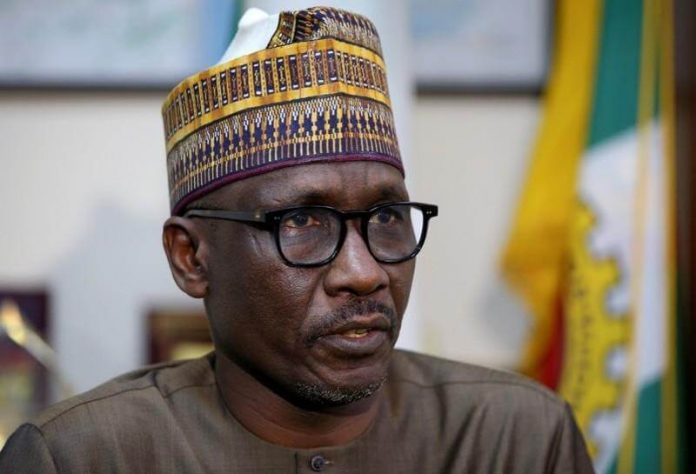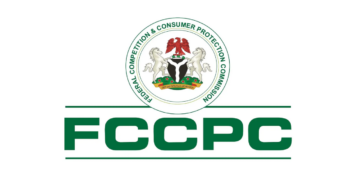With the removal of subsidy on petrol in the country, the Nigerian National Petroleum Company Limited (NNPC) is set to discontinue crude oil swap in favour of cash payments for petrol imports.
To this effect, the company is is winding down crude oil swap contracts with traders and will pay cash for petrol imports as private companies could begin importing petrol as soon as this month, Reuters reports.
This means that NNPC is in the process of ending crude swap contracts with traders. Instead of exchanging crude oil for refined petroleum products, the state-oil company will now make cash payments for petrol imports.
The move is part of President Bola Tinubu’s plans to deregulate the petrol market and reduce the burden on government finances, the statement said.
President Bola Tinubu on Monday during his inauguration announced that “subsidy is gone” sending the market into a tailspin as those who had the products quickly shut their pumps and long queues emerged across the nation.
NNPC has been importing petrol from consortiums of foreign and local trading firms and repaying them with crude oil via what is known as Direct Sale Direct Purchase (DSDP) contracts since 2016 because it does not have enough cash to pay for the purchases, the statement said.
“In the last four months, we practically terminated all DSDP contracts. And we now have an arm’s-length process where we can pay cash for the imports,” Mele Kyari, group chief executive officer, NNPC told Reuters in an interview late on Saturday.
“This is the first time NNPC has said it is terminating crude swap contracts. By importing less gasoline as private companies import the bulk, NNPC will be able to pay for its purchases in cash.”
Nigeria is Africa’s biggest crude producer but imports most of its refined products after running down its refineries. Nigeria’s petrol import bill hit N5.2 trillion in 2022, the highest in six years, as the quest by the country to wean itself off imported fuel drags.
A significant drop in oil production last year coupled with high global fuel prices due to the war in Ukraine pushed NNPC’s debt to traders higher. It owed the consortiums about $2 billion, a September 2022 NNPC report to the Federation Account Allocation Committee shows, the statement said.
“An industry source with direct knowledge of the matter said NNPC was still allocating crude for fuel swaps for July loading, though less than in previous months. In its report detailing March crude oil loadings, NNPC also allocated crude to the swap contracts held by the consortiums,” Reuters said.
Kyari told Reuters that NNPC’s monopoly on petrol supplies was ending and private firms could start importing as early as this month.
“Nigeria’s total crude and condensate output was at 1.56 million barrels a day (bpd) as of Friday. Nigeria has struggled to meet its Organization of Petroleum Exporting Countries (OPEC) oil quota of 1.742 million bpd due to grand oil theft and illegal refining,” Kyari said.
That has raised doubts on whether Nigeria can meet supplies for the 650,000-bpd newly commissioned Dangote Refinery. NNPC has a contract to supply 300,000 bpd to the refinery.





